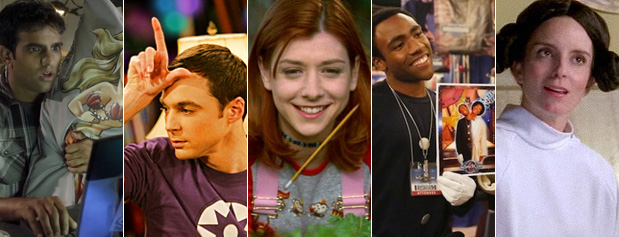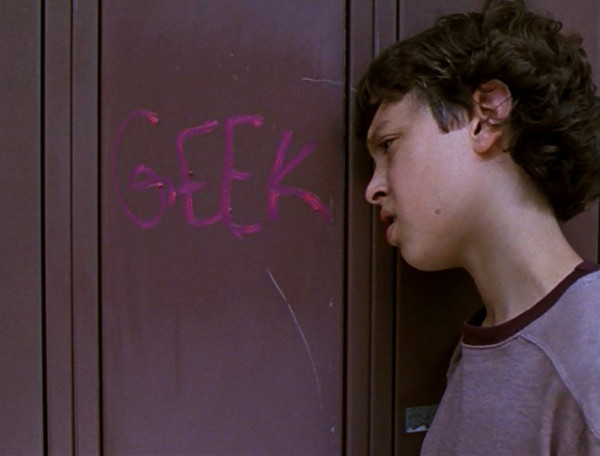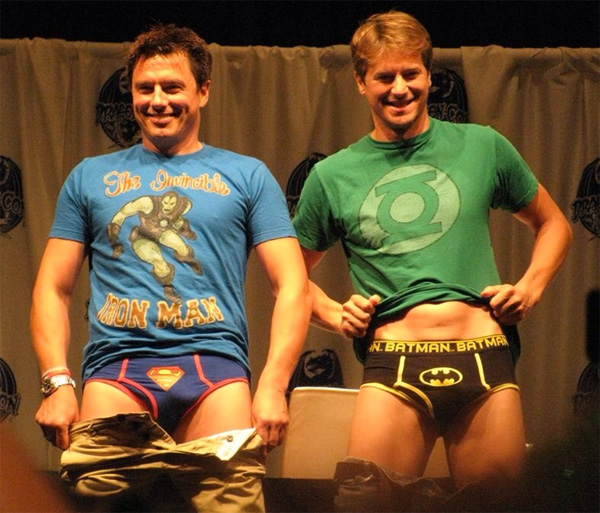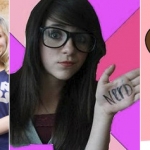“You’re such a nerd!”
Almost all of us heard it at one point in our lives growing up. The phrase was usually accompanied by sneers and jeering laughter — a label pasted on us by peers, not by choice, meant as an insult.
As technology has become more prevalent in our society, from the end of the 1980s till now, the monikers of “nerd” and “geek” have taken on a more positive meaning. It’s considered even “cool” to be labeled as a nerd or geek, and there are times when it seems everyone wants to jump on the bandwagon. But what is a Nerd/Geek, really?
“Nerd” as a slang word has been around since the early 1950s. Dr. Seuss gets the credit for the invention of the word in his 1950 book, If I Ran The Zoo. But no one knows how it made the leap from simply being the name of a fictional creature to a word used to describe certain persons in a negative way. Merriam-Webster defines the term “nerd” as a person who behaves awkwardly and wears unstylish clothes and hair — a person slavishly devoted to technical objects or a particular subject. One of the pop culture definitions from the Urban Dictionary states a nerd is someone obsessed (to an extreme degree) with a particular subject or hobby. Media characters and images often depict a person out of touch with pop culture and socially awkward, wearing thick, large glasses and fashion that is not an accepted norm. This is the ideal of the “nerd” most of us encountered during our school and/or college years. Many of us carried the label into adulthood.
A sea change began in the 1980s with the rise of technology-based work including computer programming, engineering, and game design. That was followed by the technology boom of the early 1990s — home PCs, the Internet, start-ups and companies like Microsoft and Apple, and computer geniuses like Steve Jobs and Bill Gates becoming well-known persons. Those labeled “nerds” were the ones that possessed the most understanding of and openness to the new technologies. Largely due to the original Star Wars trilogy phenomenon, the entertainment industry discovered how loyal the “nerd” audience would be to a brand. Society found itself in need of Nerds.
In this atmosphere rose another group, closely linked to the realm of nerd-dom but wanting to be a little different — the “Geeks” were born. Merriam-Webster gives two main definitions for geek: An enthusiast or expert especially in a technological field or activity and a carnival sideshow performer. Although the term first referred to a certain kind of performer, derived from an English dialect for fool, it came to be applied to everyone who got paid to do work considered odd or bizarre by society’s norms. “Geek” was self-adopted by technology enthusiasts in the baby- and toddler-hood of computer-based industry. The Urban Dictionary gives the popular definition as a person who is not generally athletic, interested in computers, electronic gadgets, and video games.
Is there a difference between a Nerd and a Geek? Many who spent their childhood being termed a nerd now prefer the term geek. Geek seems to be used in a more positive manner than nerd. However, a large portion of those labeled as “nerds” did something unexpected. They embraced the term, became proud of their nerdiness, and turned the negative to a positive. Now, Nerd encompasses those who are enthusiastic about math, science, outer space, books, and other intellectual pursuits. By and large, they are the ones considered very “smart” by their society. For the most part, Geek describes those who specialize in computer programming, in the ins and outs of electronic systems, and in video gaming. There is a lot of crossover in interests across the two groups.
In our current environment where a “good” job now requires a certain amount of technological skills, are the lines between Nerd/Geeks and others being blurred? Everyone is happy to call himself or herself a “Geek” today. Athletes are now sports geeks. There are photography geeks, knitting geeks, gardening geeks, and fashion geeks, car geeks, music geeks, film geeks (and not just for genre films) — the list can be endless. Since the majority of households now own game consoles, anyone can be a “gamer” geek, too. Want to be accepted and appear smart? Add “Geek” to whatever it is that interests you.
The world has become more technology-oriented. Nerd/Geek lifestyles and interests have become more mainstream. People are embracing interests and identifying with a group in society that many others endured ridicule and bullying for openly embracing as children and teens. Is this a good thing? It has been the source of several controversies now brewing in the Nerd/Geek world. Are newer fans only fair-weather fans and the only true fans the old guard? Should there be a “litmus test” to prove who is a true Nerd/Geek? Do females belong in a male-dominated Nerd/Geek world like gaming or are all “Geek Girls” fake? Is there a certain look and standard required to be a successful cosplayer? Does media still stereotype the Nerd/Geek archetype or are current portrayals a celebration of that role in society?
As our world grows more connected through technology, the definition and viewpoint may be forced to change on who fits the Nerd/Geek description. There could be a day in the not too distant future when the terms become obsolete because, in some way, every person will be a Nerd or a Geek.










